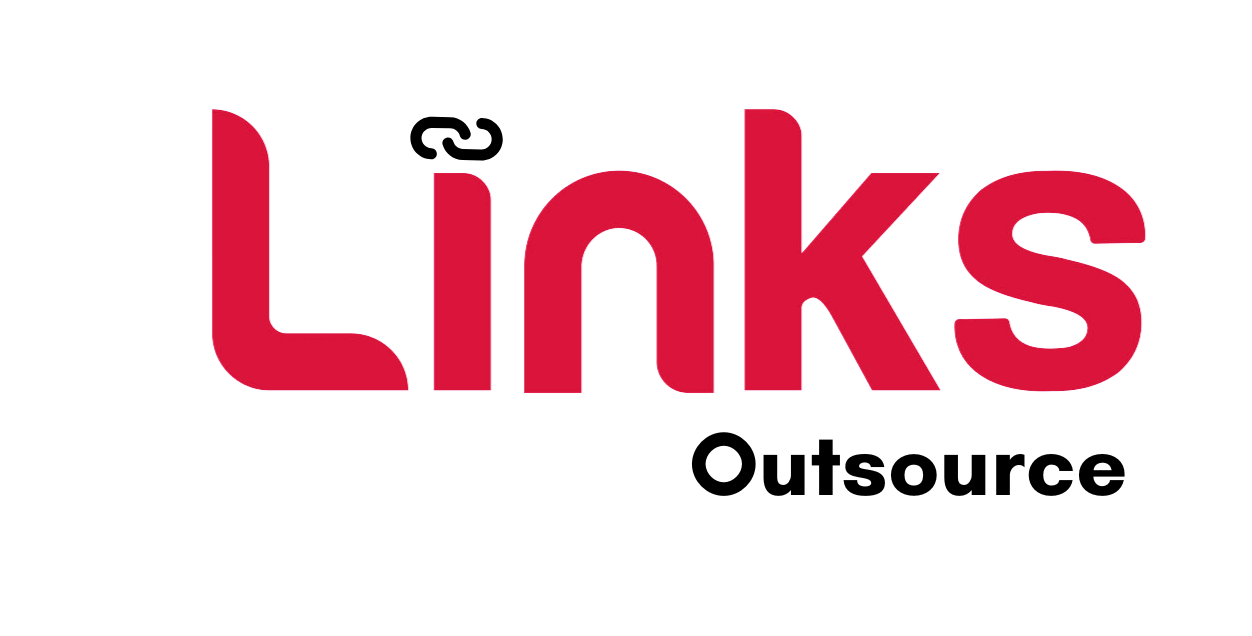In today’s competitive job market, organizations are constantly on the lookout for innovative ways to improve their hiring processes. One strategy that has gained significant traction in recent years is Recruitment Process Outsourcing (RPO).
RPO involves transferring all or part of a company’s recruitment processes to an external service provider. This blog will delve into the concept of What is Recruitment Process Outsourcing?, explore the reasons for its growing popularity, and discuss why many organizations choose to work with links outsource for their recruitment needs.
Understanding What Is Recruitment Process Outsourcing (RPO)?
At its core, Recruitment Process Outsourcing is a strategic approach to recruitment where businesses partner with external firms that specialize in managing recruitment functions. These functions can range from sourcing candidates and conducting interviews to managing the hiring process entirely. RPO providers come in various sizes and capabilities, from small boutique firms to large multinational companies, each offering tailored services that meet the unique needs of their clients.
RPO can be structured in several ways, including:
- Full RPO: Where an organization outsources the entire recruitment process.
- Partial RPO: Where specific parts of the recruitment function are outsourced, such as sourcing or screening candidates.
- Project RPO: Where RPO services are engaged for a specific project or limited timeframe, often during periods of rapid growth or major changes.
The Growing Popularity of RPO
The growth of RPO can be attributed to several key factors:
- Cost Efficiency: One of the most compelling reasons organizations opt for RPO is cost savings. By outsourcing recruitment functions, businesses can reduce overhead costs such as salaries, training, and technology investments. RPO providers often leverage their existing infrastructure and tools, passing these savings onto their clients.
- Focus on Core Competencies: Businesses want to concentrate on their core areas of expertise while leaving the more specialized tasks—like recruitment—to experts in that field. RPO allows organizations to streamline operations, leading to improved overall efficiency.
- Access to Expertise: Recruitment is a specialized field, and RPO providers typically have extensive knowledge and experience in finding, attracting, and retaining talent. Their expertise often results in a more refined and effective recruitment strategy tailored to industry best practices.
- Scalability: Organizations face fluctuating hiring needs due to market demands or business growth. RPO provides the flexibility to scale hiring efforts up or down seamlessly, allowing companies to adapt quickly without the burden of hiring and training internal recruiters.
- Enhanced Candidate Quality: RPO providers often use advanced technologies and data analytics to optimize the recruitment process. This, in turn, leads to better candidate matching, improved quality of hires, and ultimately foster a stronger organizational culture.
- Technological Advancements: With the continuous evolution of recruitment technologies, RPO solutions are now more efficient than ever. Many RPO providers utilize artificial intelligence, applicant tracking systems (ATS), and data analytics, which help streamline various aspects of the recruitment process.
- Global Reach: As businesses expand their operations across borders, they require assistance in addressing the complexities of international recruitment. RPO providers have the know-how to help organizations navigate local regulations, cultural nuances, and labor market conditions.
Why Organizations Choose Links Outsource for RPO
- Tailored Solutions: Links Outsource work closely with organizations to understand their unique recruitment challenges and goals. This allows them to design customized solutions that align with the company’s culture and values, ensuring a better fit for candidates.
- Faster Time to Hire: RPO providers typically have established networks and streamlined processes that enable them to fill open positions more quickly than internal teams. This is crucial in competitive labor markets where top talent is in high demand.
- Reduced Recruitment Risk: By partnering with an experienced RPO provider, organizations can mitigate the risk of poor hiring decisions. RPO firms often have rigorous processes for candidate evaluation, which can lead to better quality hires and reduced turnover.
- Improved Employer Branding: RPO providers understand the importance of employer branding in attracting top talent. They help craft a compelling narrative about the organization, highlighting its culture, values, and opportunities for growth, thereby enhancing the candidate experience.
- Data-Driven Decision Making: Many RPO providers utilize data analytics to inform recruitment strategies. By analyzing trends and metrics, they help organizations make more informed hiring decisions, optimizing recruitment budgets and resources.
- Streamlined Compliance: Navigating employment laws and regulations can be complex, particularly for international hiring. RPO consultants are equipped with the necessary knowledge to ensure compliance with local hiring practices, mitigating legal risks for the organization.
- Continuous Improvement: RPO firms are constantly refining their processes and adopting best practices based on industry trends. This commitment to continuous improvement ensures that organizations benefit from the latest advancements in recruitment methodologies.
Conclusion
The rise of Recruitment Process Outsourcing (RPO) reflects a significant shift in how organizations approach talent acquisition in an increasingly competitive labor market. As organizations navigate the complexities of attracting and retaining top talent, RPO offers a viable solution that combines expertise, efficiency, and flexibility. The benefits, such as cost savings, improved candidate quality, and access to advanced technology, make RPO an attractive option for companies of all sizes.
Additionally, the partnership with Links outsource allows businesses to tailor their recruitment strategies to fit their unique needs, enabling better employer branding and streamlined compliance with legal regulations. As the demand for skilled labor continues to grow and organizations expand globally, RPO is poised to become an integral part of strategic HR planning.


